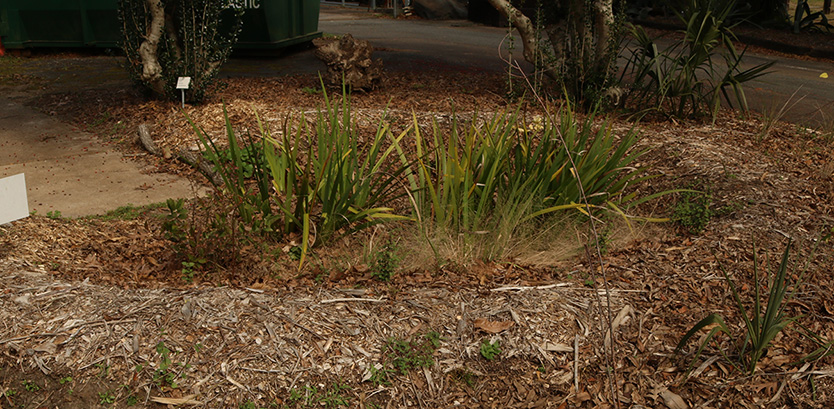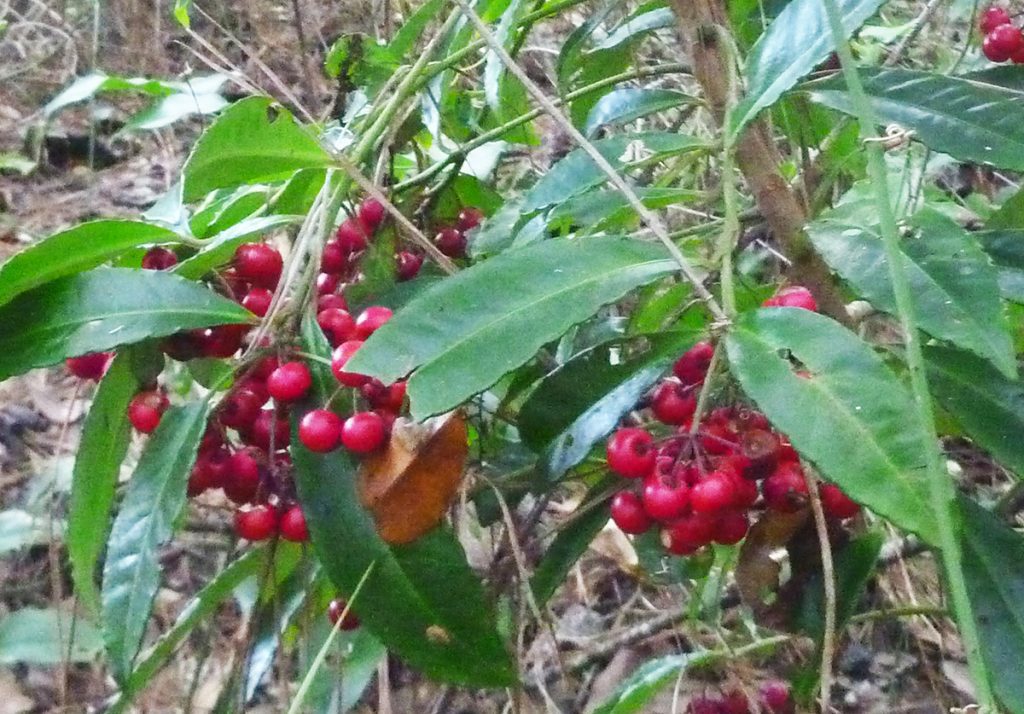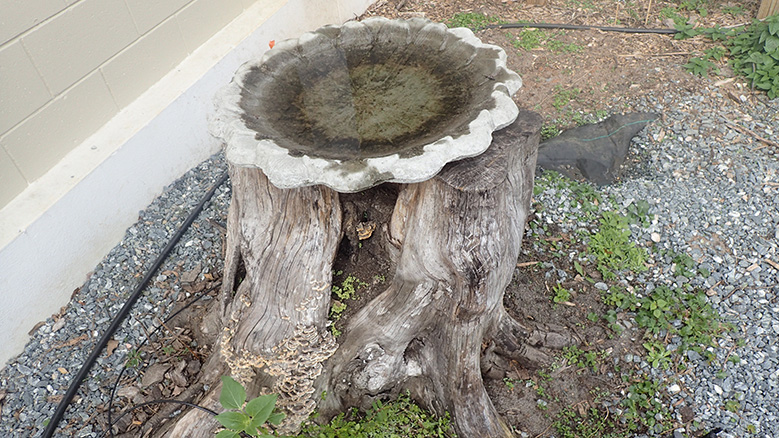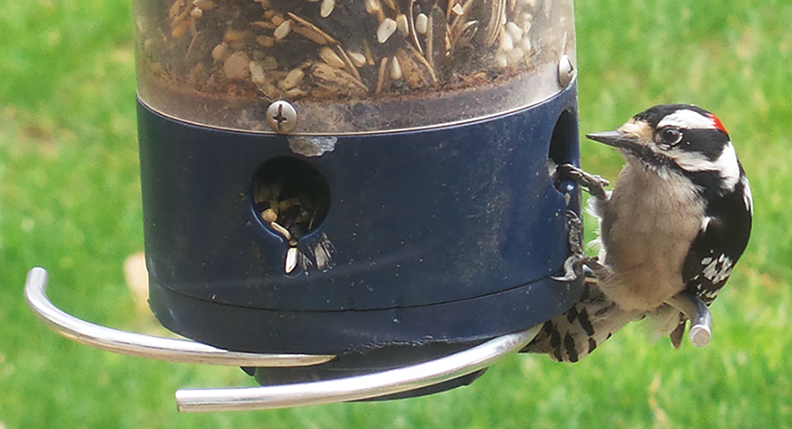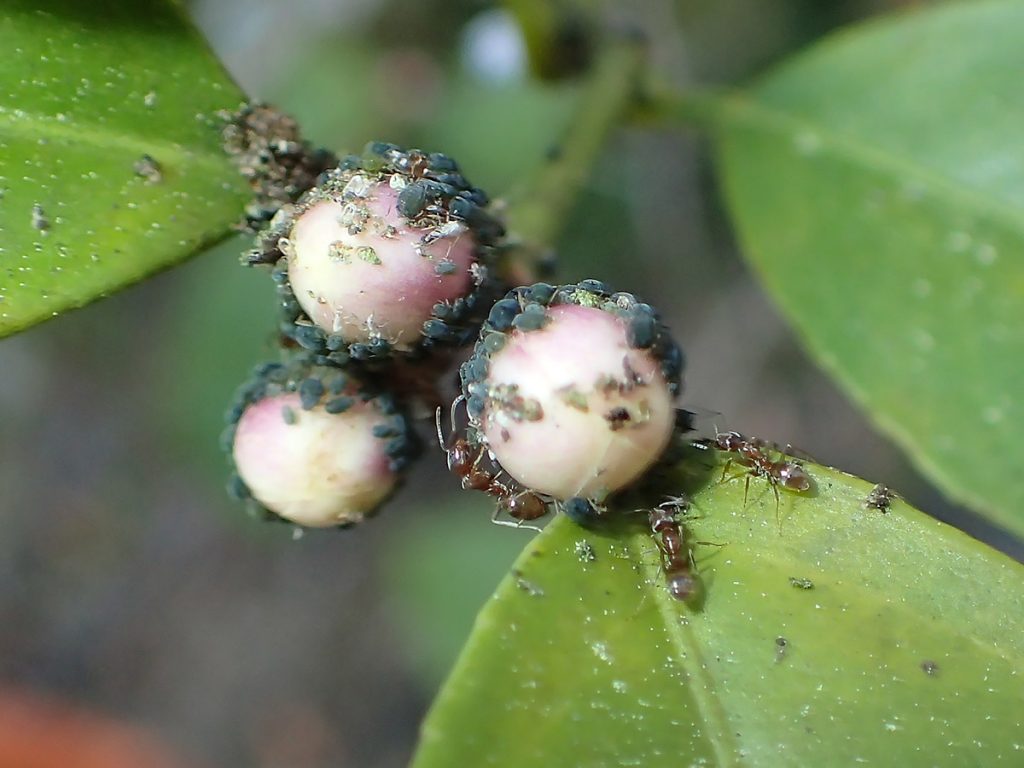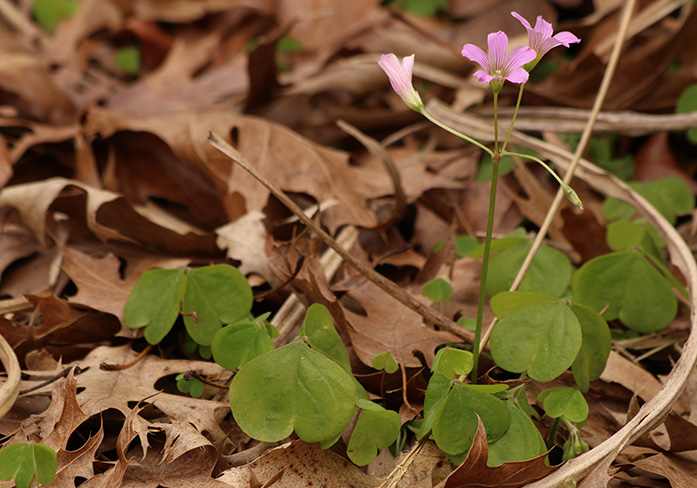Need a compact, accessible page featuring tips and advice for native gardening? Look no further than here, where you will find a collection of useful information to make your garden the best in all of North Florida.
Seasonality – How and What to Plant in North Florida
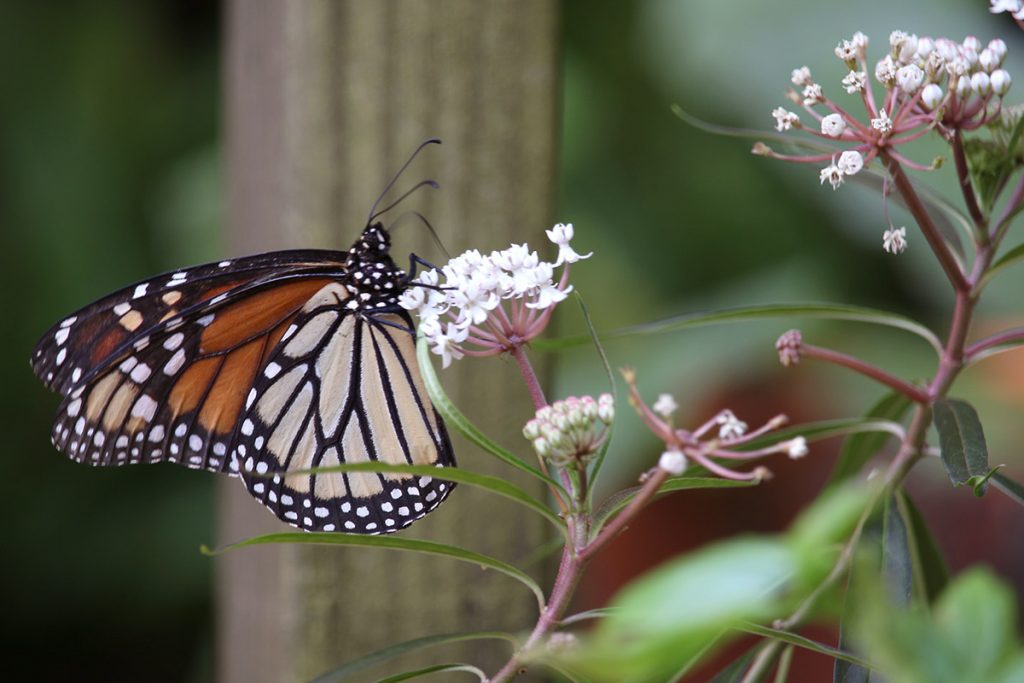
Monarch butterfly on swamp milkweed (Asclepias incarnata), the only Floridian milkweed that keeps its leaves throughout the whole year.
This page by the University of Florida details what types of plants are optimal depending on region and time of year. It also gives time-specific advice on how to manage your garden. Native gardening is heavily dependent on the time of year and its unique climate. Therefore, it is important to consider what and when to plant.
For a more specific look at what’s flowering in the current month, click here. You will also find IFAS’s featured “plant of the month” and other information regarding edibles and ornamentals.
Knowing Your Yard
Use this page by the University of Florida to learn about the chemical composition of different types of soil, and which ones are best for plants. You can also discover methods on amending your soil to be optimal for plant growth.
If you’re looking for native and nonnative plants that are safe and suitable for Florida, then take a look at this Better Homes and Gardens page. The page also features more in-depth bios about specific bulbs, tubers, and rhizomes.
Identifying North Florida Invasive Species
For a generalized overview on invasive plant species throughout all of Florida, check out Florida Exotic Pest Plant Council’s spreadsheet. It details several dozen different species and categorizes their impact on the environment.
If you suspect an invasive plant has cropped up in your garden, then use Plant Atlas’s database to try and identify it. You can narrow down your search via common names, scientific names, images, or physical observations you plug in.
iNaturalist can also be used to identify unfamiliar plants in your garden. Open the app, take a picture, and the app, plus a community of other users, will help identify the specimen.
Incorporating Water Features
You can spruce up your garden with a water feature that can be both aesthetically pleasing and beneficial to wildlife. For eye-catching projects that are simple and cheap, check out this page by Better Homes and Gardens. If you wish to install a birdbath for the good of your feathered friends, use this Bird Watcher’s Digest link for helpful tips and tricks.
Bird Feeders and Nest Boxes
This page by Audubon contains helpful and revealing advice about setting up and maintaining a bird feeder. You can also learn about alternative feed, such as fruit, suet, and hummingbird nectar, and keeping away troublesome squirrels.
A great load of care and detail goes into setting up the best nest box for birds. Nest Watch’s site offers an intricate, illustrated guide about the different aspects of the perfect nest box, such as hole size, building materials, and predator protection.
Integrated Pest Management (IPM)
Pest animals threaten the sanctity and stability of all great gardens. This page by The Spruce discusses Integrated Pest Management (IPM), a step-by-step method of identifying and controlling pests, and protecting your garden from them. You can also find information about commonly-mistaken helpful species, blights, and safe, organic chemical applications.
Other Native Gardening Resources (Bats, Weeding, Composting)
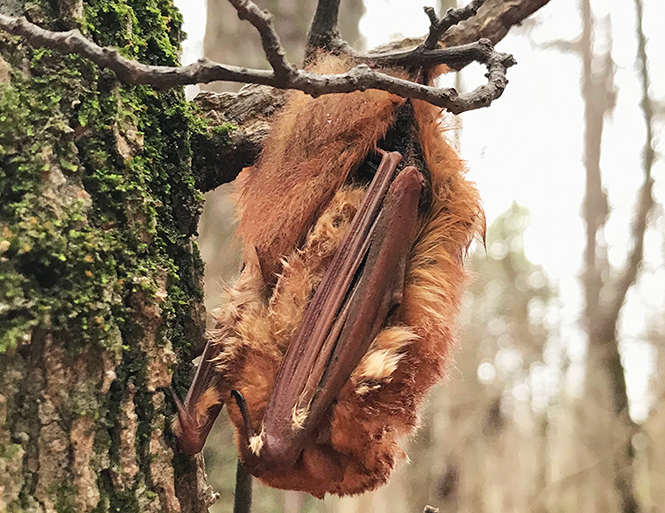
Eastern red bat (Lasiurus borealis) sleeping outside instead of in a bat house you could have built.
People may not give bats much thought, but their presence is indicative of a healthy ecosystem and is necessary for maintaining one. Help them out by building and setting up a bat house. Construction tips can be found at the National Wildlife Federation’s page, and advice on where and how to mount them can be found here at Bat Conservation and Management’s site.
No one likes to weed, but it doesn’t have to be a complete chore for the experienced gardener. This page by Fine Gardening offers a few tips to lessen the burden for both yourself and your garden.
Discarded weeds, plus scraps and leftovers from the dinner table can also directly benefit your garden. Backyard Boss put together this step by step guide to composting. Planet Natural Research Center offers 50 tips to better composting and soil building.

